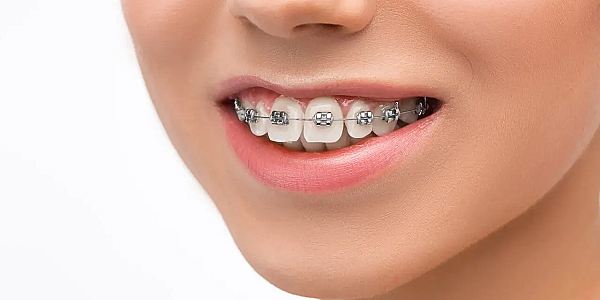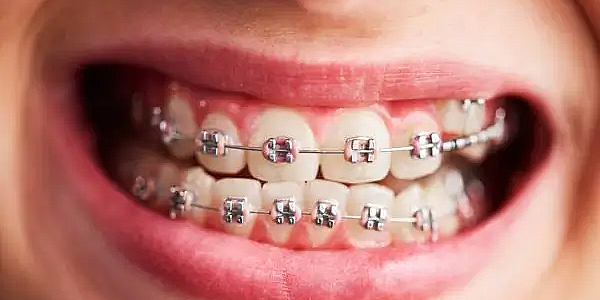Dental Care with Braces: The Comprehensive Guide to Hygiene Rules for a Healthy Smile
Proper oral care during orthodontic treatment is essential for maintaining dental health and achieving a radiant smile in the end. Braces can trap food particles, accelerating the formation of dental plaque, which over time can harden into tartar. This underscores the importance of rigorous and correct oral hygiene throughout the duration of orthodontic treatment. Of course, there are some nuances that differ from the regular routine. Therefore, in this text, we aim to provide a complete guide to hygiene rules for a healthy smile while wearing braces.
Key Aspects of Oral Hygiene During Orthodontic Treatment
Consistency is crucial. Brushing your teeth at least twice a day with fluoride toothpaste is essential. With braces, this should be done with even more care to ensure that food debris and bacterial plaque do not remain stuck between brackets or under orthodontic wires.
Correct technique matters. Use a soft-bristle toothbrush and replace it every three months or sooner if the bristles wear out. See the list of specialized oral hygiene products for braces below to better understand your options. Clean the tooth surfaces, brackets, and orthodontic wires carefully, using gentle circular motions.
Don't hesitate to use appropriate dental floss and other useful accessories. Dental floss should be used daily to clean the spaces between your teeth where a toothbrush cannot reach. Be cautious not to force the floss between brackets and avoid damaging your braces. Incorporate mouthwash and an irrigator for a complete effect.
Diet plays a significant role. Sticky or hard foods can damage or dislodge brackets or orthodontic wires. Foods that easily break apart and fibrous foods can also pose a challenge. Try to limit the consumption of chewing gum, caramel, hard candies, and nuts.
Follow your dentist's appointment schedule. Adhere to the recommended orthodontic visit schedule. Your orthodontist will adjust your braces and evaluate the progress of your treatment. Use these visits to receive advice on proper care.
Watch your daily habits! Avoid biting hard objects or nail-biting, as these habits can cause damage to your braces and teeth.
Emphasize hydration. Drinking water throughout the day helps wash away food debris and bacteria. Additionally, maintaining proper hydration ensures an optimal consistency of saliva, which plays a role in protecting the oral cavity from unwanted bacteria. Adopt a balanced and healthy diet rich in vegetables, fruits, and lean proteins.
Choosing Oral Hygiene Products During Orthodontic Treatment
Did you know that there are special oral care products designed to make cleaning your teeth and braces more effective and easier during orthodontic treatment? These products are developed to meet the specific needs of individuals wearing braces and help maintain oral health throughout the orthodontic journey. Here are some examples of oral care products for people with braces:
Specialized toothbrushes: These are designed specifically to clean brackets, wires, and tooth surfaces efficiently. They come with smaller or longer heads and special bristles that can reach challenging areas more easily.
Orthodontic dental floss: Orthodontic dental floss has a stiffer shape or a flat part, making it easier to thread between brackets and wires. This type of dental floss is more effective in cleaning the spaces between teeth and hard-to-reach areas.
Oral irrigators: Oral irrigators or water flossers can help remove food debris and bacterial plaque from hard-to-access areas of your braces. They use a jet of water to clean deeply and stimulate the gums.
Fluoride toothpaste, sensitive toothpaste: During orthodontic treatment, teeth can be more susceptible to cavities. Using fluoride toothpaste can help prevent cavities and maintain healthy tooth enamel. Sensitive toothpaste can be useful, especially at the beginning of treatment when you're still adjusting.
Plaque-disclosing tablets: These tablets are helpful for assessing how effectively you've brushed your teeth and braces. They color areas where bacterial plaque remains, helping you identify areas that require more thorough cleaning.
Gels and solutions for gums: Orthodontic treatment can sometimes cause gum irritation or cheek ulcers. Gels and solutions for gums can help alleviate discomfort and maintain gum health.
It is clear now that oral care with braces requires special attention and well-established hygiene rules. Following these guidelines will not only help maintain dental health but also ensure a healthy and radiant smile in the long run. Don't hesitate to seek advice from your orthodontist to ensure you are following the best practices for oral care while wearing braces.

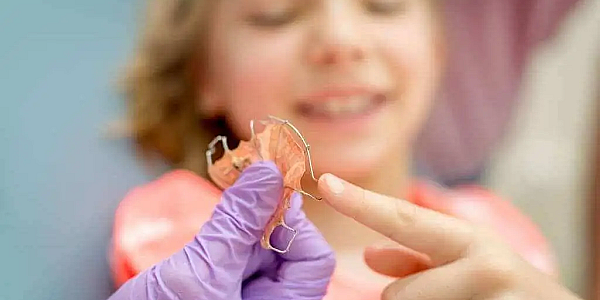
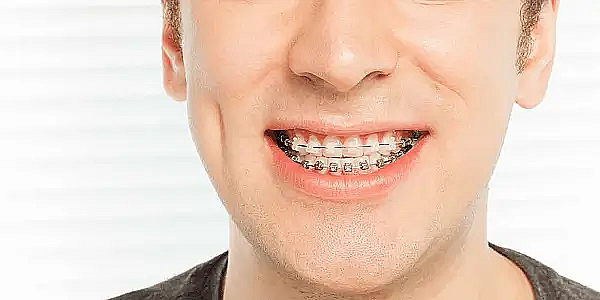
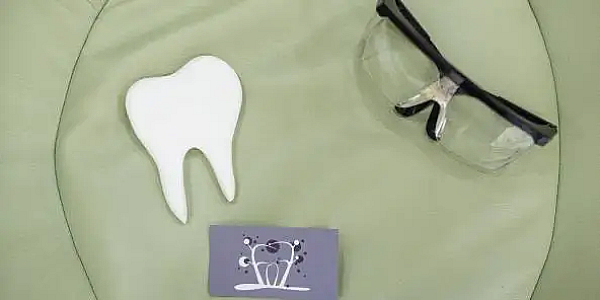
-thumb_1x.png )

